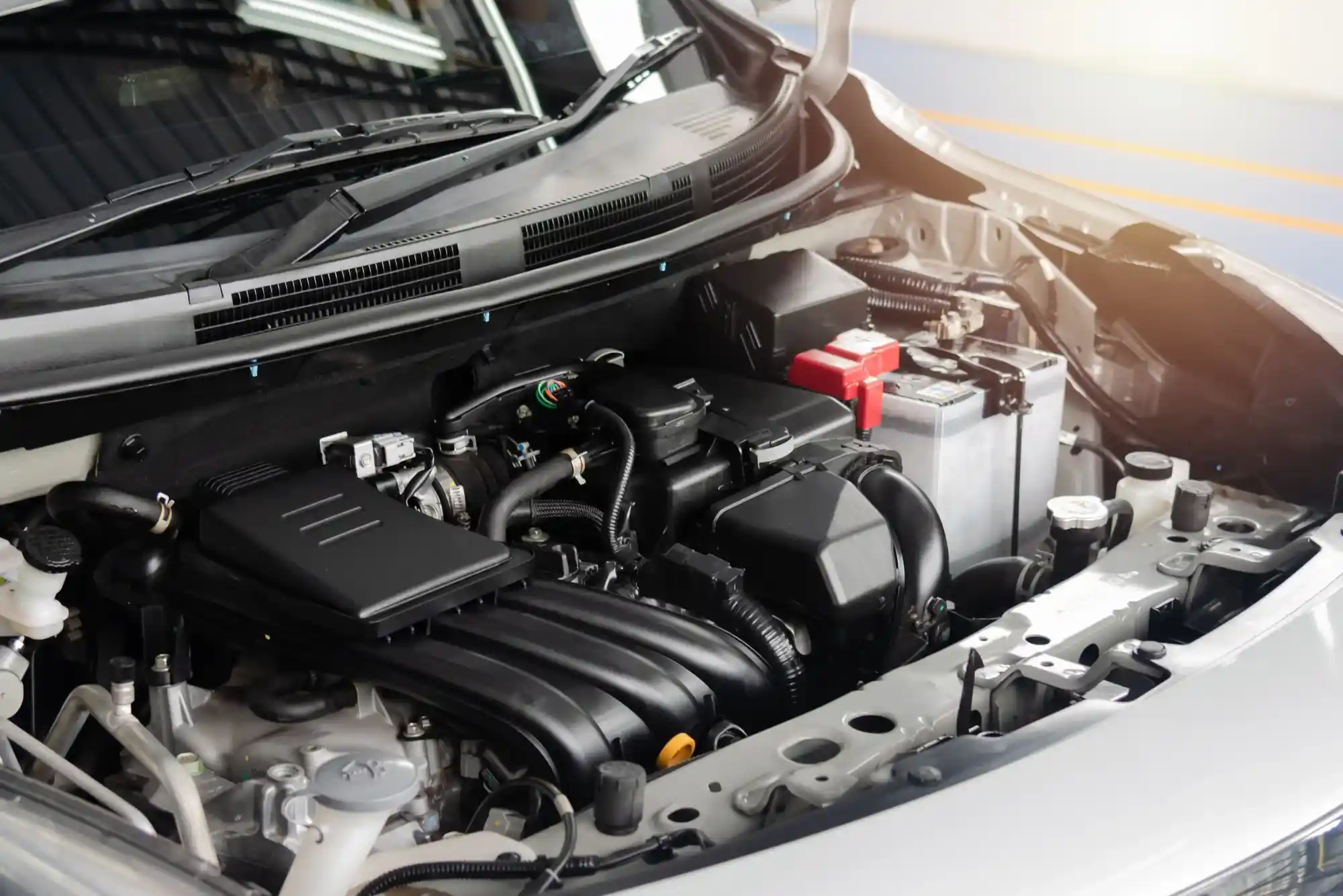Taking care of your car’s engine is one of the most important things you can do as a driver. A well-kept engine helps your vehicle run smoothly. It also saves you money in the long run. If you ignore engine maintenance, you might face costly repairs or even end up stranded on the road. In this article, we’ll explore everything you need to know about keeping your engine in top shape. Plus, we’ll touch on how certain practices, like those inspired by germanic engineering, can help extend your car’s life.
Why Is Engine Maintenance Important?
Your car’s engine is like the heart of your vehicle. Just as your body needs care to stay healthy, your engine requires regular attention to function properly. Proper engine maintenance helps:
- Improve Fuel Efficiency: A clean and well-tuned engine uses fuel more efficiently, saving you money at the gas station.
- Prevent Breakdowns: Regular checks reduce the risk of unexpected breakdowns, which can be inconvenient and expensive.
- Extend Engine Life: Good maintenance ensures that your engine lasts longer, delaying the need for a new car.
- Protect the Environment: A well-maintained engine produces fewer emissions, helping to keep the air cleaner.
Basic Steps for Engine Maintenance
1. Check the Oil Regularly
Oil is the lifeblood of your engine. It lubricates moving parts, reduces friction, and prevents overheating. Here’s what you should do:
- Check the oil level every month using the dipstick under the hood.
- Change the oil according to your car manufacturer’s recommendations (usually every 3,000 to 5,000 miles).
- Use the type of oil recommended for your vehicle. For example, some high-performance cars, especially those with Germanic engineering, may require synthetic oils for better performance.
2. Keep the Cooling System in Check
The cooling system prevents your engine from overheating. Here’s how to maintain it:
- Check the coolant level regularly and refill it if necessary.
- Inspect the radiator and hoses for leaks or cracks.
- Flush and replace the coolant as advised in your car’s manual (usually every 30,000 to 50,000 miles).
3. Replace the Air Filter
The air filter ensures that clean air enters the engine for combustion. A dirty filter can reduce performance and fuel efficiency.
- Inspect the air filter every 6 months or 7,500 miles.
- Replace it if it looks dirty or clogged.
4. Pay Attention to Spark Plugs
Spark plugs ignite the fuel-air mixture in the engine cylinders. Worn-out spark plugs can cause poor acceleration and reduced fuel efficiency.
- Check the spark plugs during routine maintenance.
- Replace them every 30,000 to 100,000 miles, depending on the type.
5. Inspect Belts and Hoses
Belts and hoses are essential for various engine functions, such as powering the alternator and water pump. Over time, they can wear out or crack.
- Look for signs of wear, such as cracks or fraying.
- Replace them as needed, usually every 50,000 to 100,000 miles.
6. Monitor the Battery
While the battery isn’t part of the engine itself, it plays a crucial role in starting it. A weak battery can lead to starting problems.
- Clean the battery terminals to prevent corrosion.
- Test the battery periodically and replace it every 3 to 5 years.
Signs Your Engine Needs Attention
Sometimes, your car will give you warning signs that something is wrong. Don’t ignore these signals:
- Unusual Noises: Knocking, ticking, or grinding sounds could indicate engine trouble.
- Warning Lights: The check engine light is a clear sign that you need professional help.
- Poor Performance: If your car struggles to accelerate or feel sluggish, it may need a tune-up.
- Smoke or Strange Smells: Excessive smoke from the exhaust or burning smells are red flags.
The Role of Professional Servicing
While basic maintenance tasks can be done at home, professional servicing is essential for a thorough inspection. Mechanics have specialized tools and expertise to diagnose and fix issues you might miss. Many drivers respect Germanic car brands. They highlight strict maintenance schedules to keep performance high. Following similar practices, regardless of your car’s make, can significantly improve reliability.
Tips for Extending Engine Life
Here are some additional tips to keep your engine running strong:
- Drive Gently: Avoid aggressive driving, such as rapid acceleration and hard braking, which puts extra strain on the engine.
- Warm Up the Engine: In cold weather, let your car idle for a minute or two before driving off.
- Use Quality Fuel: Premium fuel isn’t always necessary, but avoid cheap, low-quality options that can harm your engine.
- Follow the Manual: Your car’s owner’s manual contains valuable information about maintenance schedules and specific requirements.
Conclusion
Engine maintenance doesn’t have to be complicated. You can keep your car running smoothly for years. Just follow these simple steps: check the oil, replace filters, and watch for warning signs. Caring for your engine is important for a safe, reliable ride, no matter if you drive a compact sedan or a luxury German car. Remember, prevention is always better than cure—so don’t wait until something goes wrong. Start maintaining your engine today, and you’ll thank yourself later!





